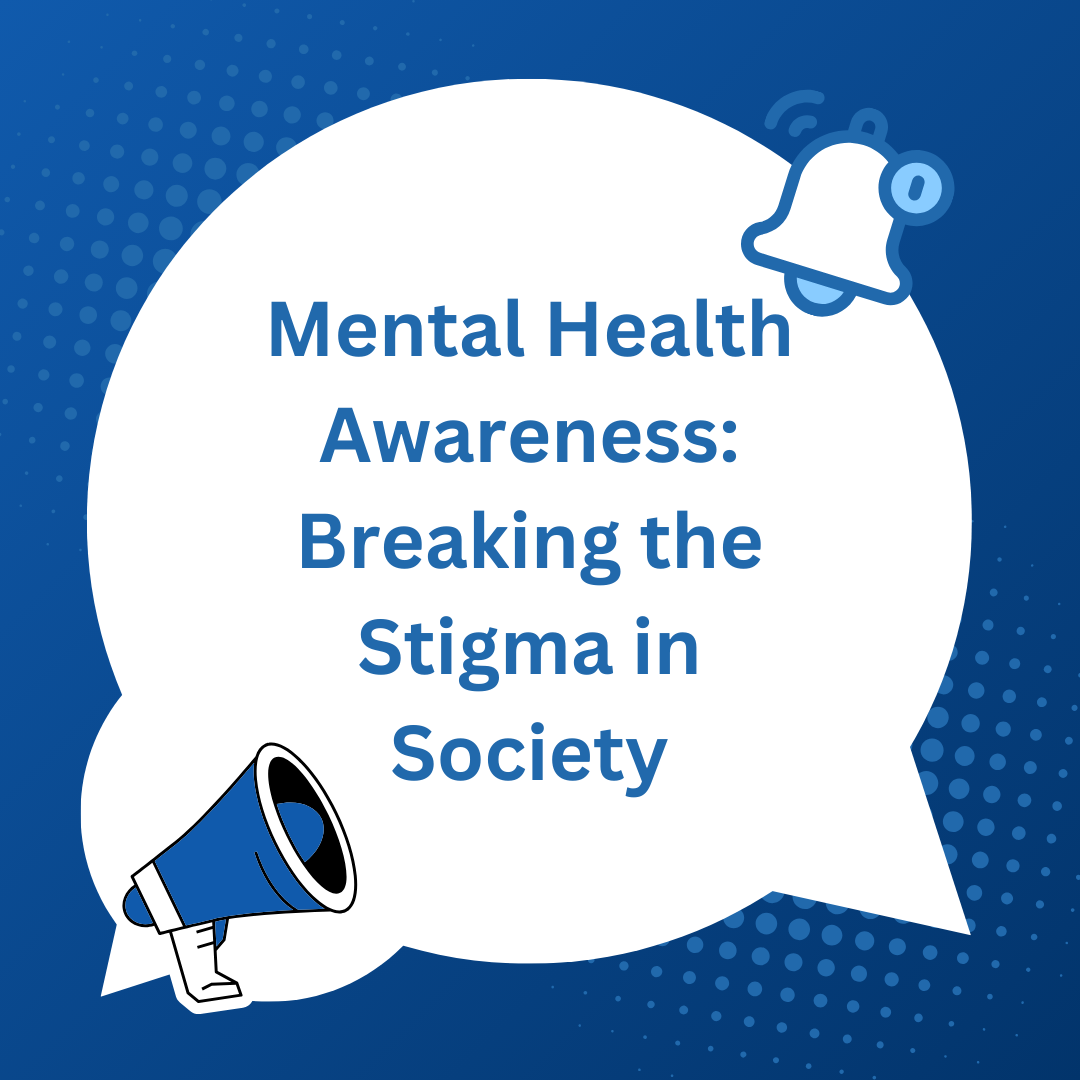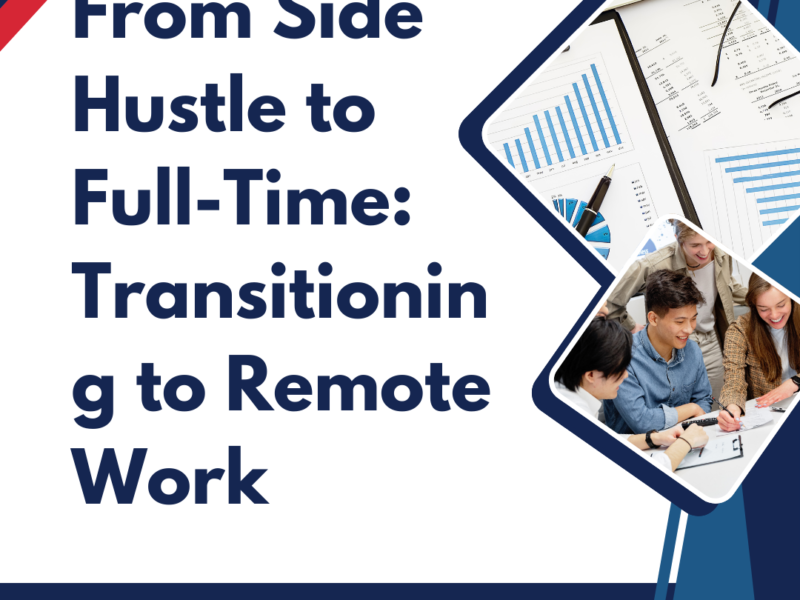Mental Health Awareness: Breaking the Stigma in Society
The awareness that surrounds mental health has now become an essential subject for debate in contemporary society, where the very importance of mental health is being slowly realized. The discussions that are taking place lately on mental health have kept on changing over the years, emerging into the public and increasingly gaining acceptance. Nonetheless, despite the very significant advances that have been realized over decades, a stigma still clouds over mental interpretations. The stigma usually comes ingrained in social attitudes and cultural norms, giving rise to discrimination and isolation among people with mental health conditions and unwillingness to seek help. This article discusses meaning and the importance of mental health awareness and continuing all efforts to shatter stigma that remains against individuals, communities, and societies much larger. Mental Health Awareness: Breaking the Stigma in Society.

Understanding Mental Health and Its Importance
Mental health, which is the state of being emotionally, psychologically, and socially fit, determines how people think, feel, and act. It also determines how people cope with stress, how they relate to others, and the choices they make. Mental health is crucial at every stage of life, from childhood to adolescence to adulthood. It is part of the overall health of a person, and just like physical health, it will affect all other aspects of his or her life.
Mental health conditions include anxiety, depression, bipolar disorder, schizophrenia, post-traumatic stress disorder (PTSD), etc. They are common, and their commonest characteristic is that they are heavy in weight and life-affecting in an individual’s existence. The World Health Organization (WHO) states that, statistically, one in four people will be affected by a mental or neurological disorder at some point during their lifetime. The saddest part is that they don’t seek care because, while it is a common reality, mental health issues mostly remain stigmatized.
It does put a lot of importance on awareness of mental health. That awareness of mental health would create more awareness among people about mental illness, reduce stigmatization from mental illness, and help people to access those resources better. Awareness would enhance understanding by society of mental health issues, so that affected individuals would receive more support.
The Stigma Surrounding Mental Health
Stigma refers to a negative stereotype or assumption regarding a group of people or an issue. In the case of mental health, stigma is generally understood as involving prejudiced attitudes, discrimination, and even social exclusion directed toward individuals experiencing any form of mental health condition. This stigma may involve external societal attitudes and internal feelings of shame, as a person sometimes finds it embarrassing to admit that he is suffering from a condition that is publicly deemed abnormal. Mental Health Awareness: Breaking the Stigma in Society.
For long periods in the past, there never has been any proper comprehension regarding the diseases referred to as mental illness, and as a result, the person with such a situation has suffered marginalization. In severe cases, one confined to asylums and subjected to harmful treatments such as electroconvulsive therapy (ECT) and lobotomies.
Most feel ashamed of their condition or fear being the target of labels like “crazy” or “unstable.” They would rather suffer in silence than approach friends, families, or professional mental health services. According to research conducted by the National Alliance on Mental Illness (NAMI), 60% of patients do not seek treatment, primarily due to the stigma of mental health.
There isn’t a boundary specifically for individuals seeking help about mental health issues, as it extends to how society perceives and perceives them. With regard to media portrayals concerning mental illness- for most parts. Unpredictable, or incompetent to function and interact in society. Such portrayals are only propagating this cycle of misinformation.
The Impact of Mental Health Stigma
The toll of stigma affects not only individuals but also communities and societies. As explained earlier, many individuals suffering from mental disorders do not come forward. This can result in not treating the mental disorders. Which may worsen with time, complicating the conditions and shortening the quality of life. Mental Health Awareness: Breaking the Stigma in Society.
Besides the personal toll, mental health stigma has collective power beyond the individual and deep cuts into society and economy at large. Individuals with mental health challenges find themselves victims of wrongful and unlawful treatment at the workplace, in education, and in healthcare systems. For instance, people in this category find it hard to secure a job or get on the ladder of job elevation due to employer perceptions about their capabilities or reliability. Similarly, individuals with mental health issues find health institutions unwelcoming. In terms of medical service delivery for the failure of providers to appreciate the importance of mental health care or insufficient facilitation.
Mental Health Stigma has Community Impact. It creates a scenario under which individuals live without being able to speak out about the vexing issues in their lives. Such silence can breed misunderstanding, lack of compassion, and absence of support among members of communities. Much on the other end-the rather competitive societal ads of “toughing it up” or “getting over it”; end up serving as disincentives for individuals to seek. The right kind of help, extending the cycle from treatment to untreated mental issues.
Breaking the Stigma: The Role of Mental Health Awareness
First, in raising awareness about mental health, we will contribute to breaking down the barriers that surround it. Educating about mental health and encouraging open discussions about it. As with other things, can begin to challenge the negative stereotypes and misconceptions that contribute to stigma. Awareness campaigns: for instance, media representation and mental health advocacy are tools. In changing the attitudes of society toward mental health.
Education and Information
By including aspects of mental health education in the syllabi of school and training institutions, it will go a long way in making in-roads into stigma. Without prejudiced views and discriminatory behaviors against mental health conditions. Size reduces when people have the correct information on the condition. Most importantly, schools, workplaces, and healthcare environments significantly contribute to mental well-being promotion through mental health education. Health and wellness programs could include training, workshops, or resources on mental health for employees or other intended or future audiences. For example, helping them learn to identify signs of mental health conditions, seek help, and support those with challenges.
Moreover, besides that formal education, another critical area is accessing up-to-date information on mental health over the internet. The cutting-edge tool through which all awareness and resourcefulness could be made available to all needy people is the internet today. Through websites and other social media channels and forums, people can be educated about mental health and share. Their narratives with others while gaining access to a professional therapist. Digital platforms even lend a hand in creating discussions around mental health, normalizing the conversation and reducing isolation.
Media Representation and Advocacy
The media is a great component shaping the mind of society toward mental illness. Historically, the reflection of mental illness has mostly been negative in the form of bad movies, TV shows, and sensationalized news articles. Recently, there has been a growing push toward more accurate and more compassionate portrayals of mental health in the media.
Films, TV series, and documentaries that depict mental disorders both realistically and with compassion will serve as great encouragement in breaking down some of the harmful, stereotypical images that are popularly held about mental health. In fact, popular mental health shows like 13 Reasons. Why and BoJack Horseman create conversations about mental illness, one’s life, and society. While these two programs do not embody everything that truly represents the experience of a person with mental illness. They provide opportunity for viewers to think about. Their personal definitions of mental health and to develop greater understanding toward people in distress.
Mental health advocacy is one other prime pillar of dismantling stigma. Mental health advocates-whether self-advocating or forming part of a civil organization concerned with mental health- are at the forefront of advocacy for different public attitudes concerning mental health. They inform and create awareness; they work to mobilize for policy change and develop avenues for people to access mental health care. National Alliance on Mental Illness (NAMI), Mental Health America, and the World Health Organization are just. A few examples among many organizations dedicated to enlightening and shattering stigma about mental health.
Personal Narratives and Storytelling
The most effective source to break stigma is personal narrative. When the individual suffers in sharing the pain of mental illness. It makes such issues more real and compels others to tell their stories of suffering with mental illness. Personal narratives are providing recognition, consolation, and community for experience, which many consider private and alone.
Such sites as the potential social networks are forging connections out of personal testimonies and capitalizing conversations about mental health. Many people go to Instagram, Twitter, or YouTube these days to promote. Their mental health experiences in the name of encouraging friends. Who might find themselves in a similar situation. Such efforts have transcended, to include even celebrities and some public figures. Who are now sans fear as they share their own battles-from the very Hollywood elite to the royal family. Prince Harry, Dwayne “The Rock” Johnson, and so on have been some of the figurative representatives in the parade against their own distress. There are no better spokespeople-pro-nobody of whom they worry might imagine them doing this-has to explain it.
Building a culture of caring also involves breaking that stigma creating a place of care. It requires access to mental health resources and services at the time of need. There must be a more affordable, accessible, and inclusive mental health system. They will be at the forefront of offering care to those. Whose mental health conditions may have overwhelmed them. It’s often not the patient’s absence of willpower to seek help from mental health professionals. But the non-existence of mental health systems, inaccessibility, and unaffordability of care that deters the would-be patients.
Workplaces have their role to play in schools and societies. So, places where a person works, studies, or resides should also create a space that is supportive of mental health. This includes mh policies that are people-centric, such as provisions to employees or students, for example, student accommodations for those. Who are experiencing mental health challenges and the general culture regarding discussing mental health openly and without shame.
Peer counseling, support groups, and local initiatives can also help reduce isolation and provide care. They connect people with others who understand their experience, providing them with a sense of belonging and community.
Conclusion
Cracking the chains of stigma attached to mental health will lead to an inclusive, compassionate society. Thus encouraging seeking out mental health care. Opened avenues of discourse, increasing education, and advocating for mental health. Resources will be the first steps society can take to dismantle. These devastating stereotypes of individuals living with mental illness.
Eventually, one will find that breaking down stigma is not just about changing attitudes in society; it is the kind of culture. In which mental health is honored and persons feel similarly free to access intervention services or even on the broader scale everyone is helping other people through their journeys to greater mental well-being. The more we discuss mental health, the less it will be considered. Something to be hidden, and the more we work toward a future.


